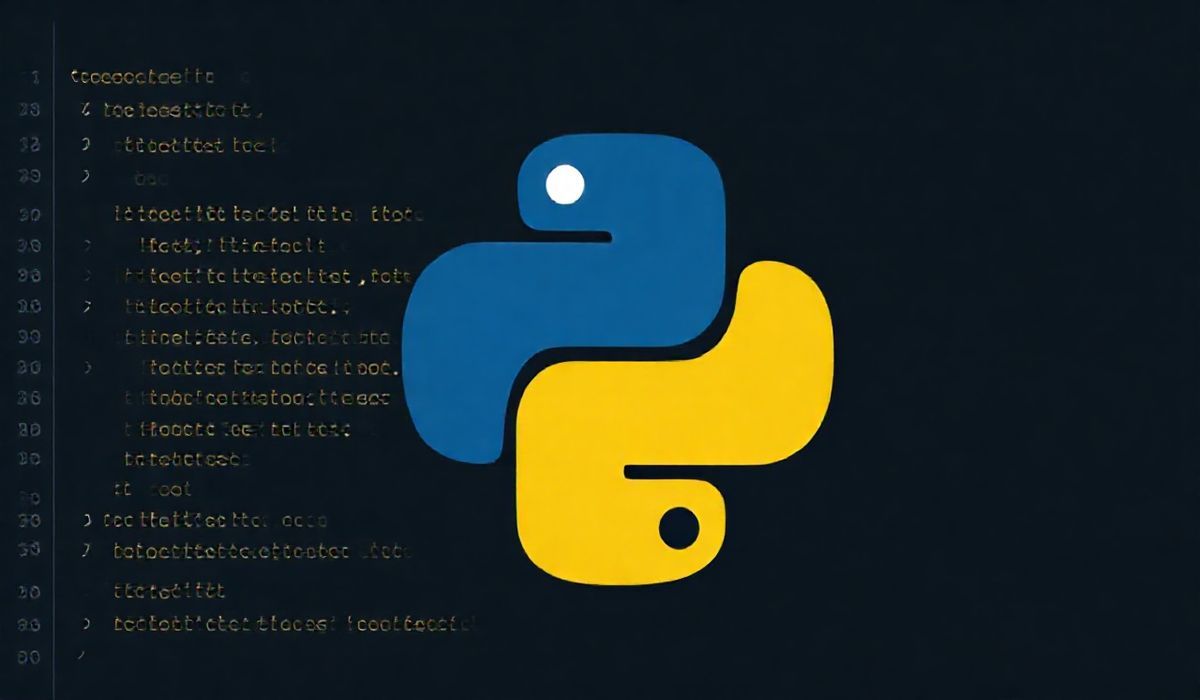Welcome to the Comprehensive Guide to typing-extensions
typing-extensions is a package designed to provide forward-compatible typing features that are not yet available in the standard Python typing module. It is essential for developers who want to use new type hinting features in older versions of Python or stay ahead with enhanced flexibility while dealing with type annotations.
Key APIs and How to Use Them
Below are some of the popular features and APIs provided by typing-extensions, including usage examples:
1. Literal: Restricting Values
Literal allows defining a variable that can only hold specific predefined values:
from typing_extensions import Literal
def get_status(status: Literal["active", "inactive", "pending"]) -> str:
return f"Status is {status}"
print(get_status("active")) # Valid
# print(get_status("error")) # Invalid: Raises a type checker error
2. TypedDict: Dictionary with Typed Keys and Values
Create dictionaries where keys and values have predefined types:
from typing_extensions import TypedDict
class User(TypedDict):
id: int
username: str
is_active: bool
user: User = {"id": 1, "username": "john_doe", "is_active": True}
3. Protocol: Define Structural Subtyping
Protocols enable structural subtyping (duck typing) to ensure that a type implements specific methods:
from typing_extensions import Protocol
class Greeter(Protocol):
def greet(self) -> str:
pass
class EnglishGreeter:
def greet(self) -> str:
return "Hello!"
def greet_all(greeter: Greeter):
print(greeter.greet())
english = EnglishGreeter()
greet_all(english)
4. Final: Prevent Overriding Variables or Methods
Make certain fields or methods immutable:
from typing_extensions import Final MAX_CONNECTIONS: Final = 10 # MAX_CONNECTIONS = 15 # This will cause a MyPy error
5. Annotated: Adding Extra Metadata to Types
Annotated allows attaching additional metadata to a type:
from typing_extensions import Annotated
def process_data(data: Annotated[int, "Data must be positive"]) -> int:
if data < 0:
raise ValueError("Invalid data")
return data
Building a Simple Application Using typing-extensions
Let’s create a simple user management system with the help of typing-extensions:
from typing_extensions import Literal, TypedDict, Protocol
# Define user schema using TypedDict
class User(TypedDict):
id: int
name: str
status: Literal["active", "inactive", "pending"]
# Define output protocol
class UserManagerProtocol(Protocol):
def list_users(self) -> list[User]:
pass
# Implement the UserManagerProtocol
class UserManager:
def __init__(self):
self.users = [
{"id": 1, "name": "Alice", "status": "active"},
{"id": 2, "name": "Bob", "status": "inactive"},
]
def list_users(self) -> list[User]:
return self.users
# Application Logic
def main():
user_manager: UserManagerProtocol = UserManager()
users = user_manager.list_users()
for user in users:
print(f"User {user['name']} is {user['status']}")
if __name__ == "__main__":
main()
Why typing-extensions is a Must-Have
If you’re working on robust Python code with strong typing, typing-extensions becomes indispensable. It bridges the gap between different Python versions and provides cutting-edge features to make your code more intelligible and less error-prone.




